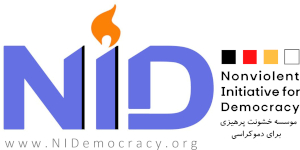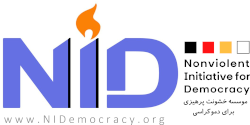In an unprecedented event, a widespread strike by Hollywood actors began in the early hours of Saturday, 23rd of Tir (Iranian calendar), in protest against low wages, lack of benefits, and job insecurity after negotiations between the American Actors Union and Hollywood studios failed.
According to Reuters, this strike, the first of its kind in six decades in Hollywood, joined forces with the screenwriters of the American cinema and television industry who had halted their work since the month of Ordibehesht (Iranian calendar).
Both the American Actors Union and the American Screenwriters Guild are demanding higher wages and improved rewards for their work, something they have not requested for the past 63 years. They are also seeking guarantees that their jobs will not be replaced by artificial intelligence.
This strike is expected to have a negative impact on the production of films and visual and auditory entertainment in the United States, causing a halt to the majority of film and television productions.
Prior to this, the screenwriters’ strike had led to the reruns of many programs and disrupted the production of the fall season of American television.
The striking actors and writers state, “Most of us are middle-class actors and writers who just want to do the jobs that others have in life, have a home, have a family, and cover the cost of living.”
The professional associations of actors and writers in America demand fairer wages. They claim that companies streaming their products online should pay a fairer share of their internet income to the artists involved in creating these works.
Furthermore, they express concerns about artificial intelligence creating virtual digital characters (avatars) for actors, gradually taking away their jobs and income.
The American Actors Union represents approximately 160,000 actors. While some well-known figures in the American film industry have supported this strike, major film production companies have opposed it.



